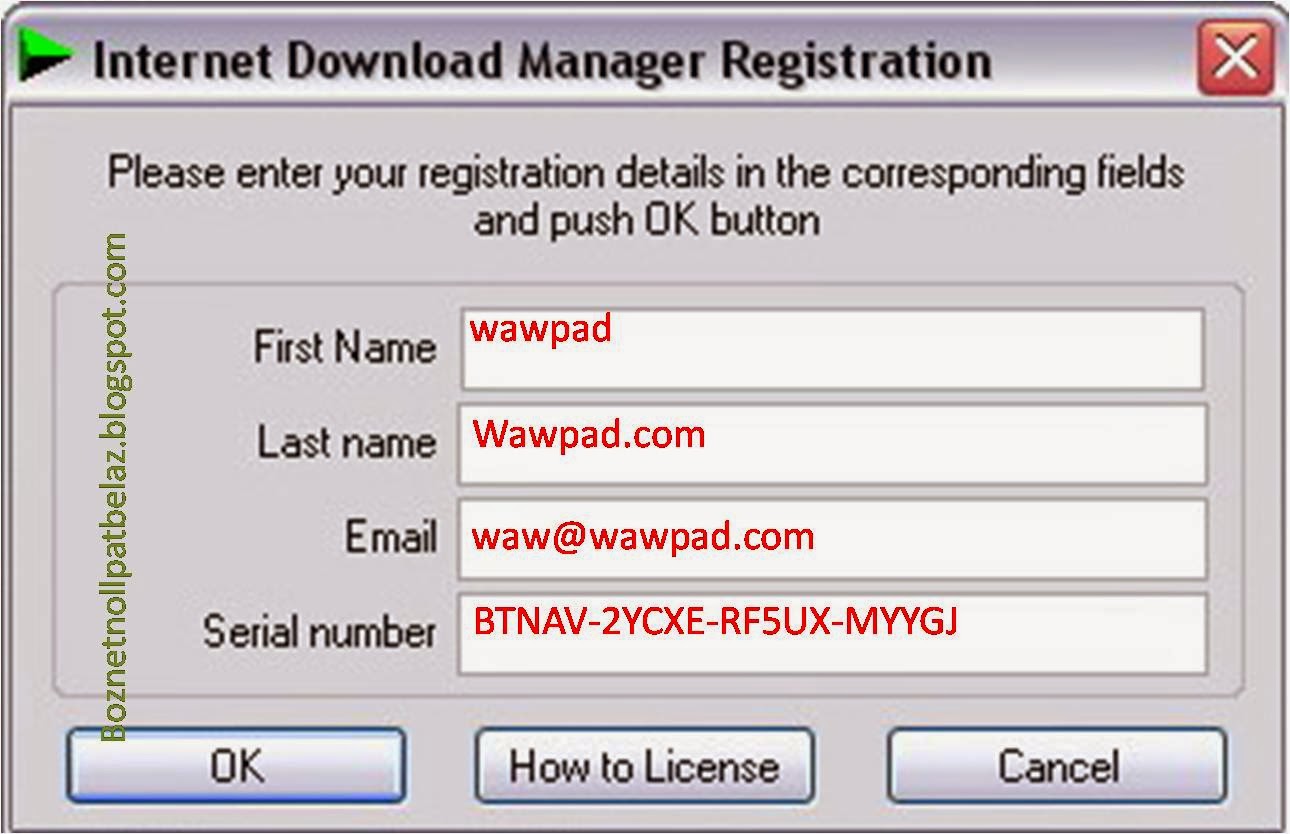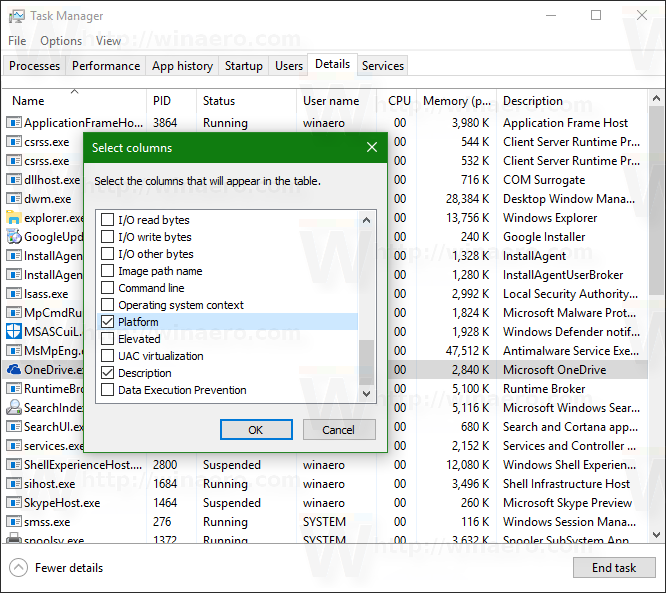


In most cases, Runtime Broker suffers high CPU usage only when a UWP app from the Microsoft Store is first launched. After all, you might be worried that you won’t have the resources to do other things, like playing games. When a running process reports high CPU or RAM usage in Windows 10, it can often be a cause for concern.

What Causes Runtime Broker High CPU Issues in Windows 10? If you’re worried about this, you can check whether or not a system process like runtimebroker.exe is legitimate by following the steps below. While we stress that this is unlikely, it isn’t something that can be ruled out. The only exception to this rule is if malware is running on your PC, replacing the real Runtime Broker process with a fake version. As we’ve already mentioned, Runtime Broker is defensive, and acts to restrict access to your files and settings.


 0 kommentar(er)
0 kommentar(er)
